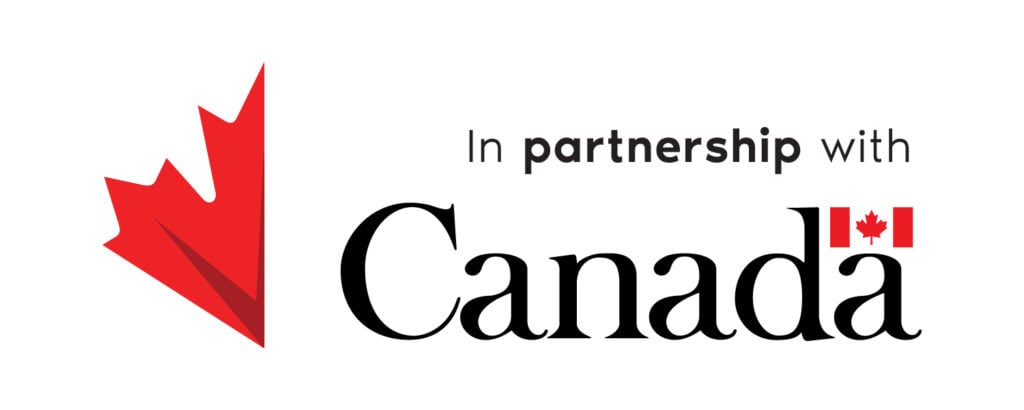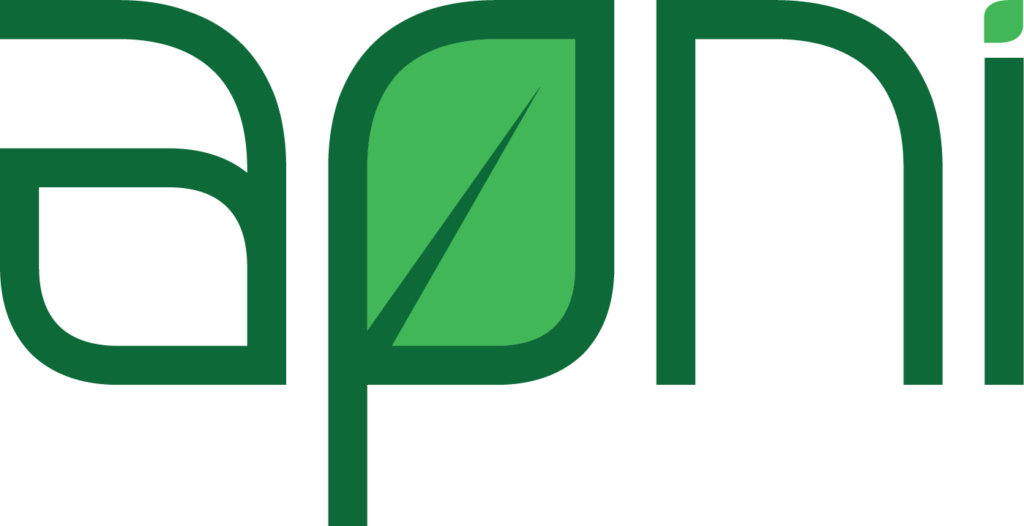
About
Our approach to feeding the world
4R Solution
The 4R Solution Project will improve agricultural productivity and sustainability for more than 80,000 smallholder farmers (50% women) in Ethiopia, Ghana, and Senegal. 4R Solution is a $17 million CAD project, including $15 million from the Government of Canada and $2 million from industry partners, that runs from April 2019 to March 2024.

The Challenge
Half a billion people live on small farms, most of which are in Sub-Saharan Africa. These small farms, of which the majority are managed by women, produce 80 per cent of food in developing countries, employ 62 per cent of the population, and generate 27 per cent of GDP. Three key issues faced by smallholder farmers are: (1) The limited quality of their production, resulting from depleted soils, unsustainable agricultural practices, especially fertilizer usage; (2) Poor post-harvest handling and; (3) Limited access to markets.
These challenges are even more intense for women farmers who are further constrained by limited and unreliable access to land, labour, financial services and training opportunities.
The Solution
Addressing these issues will help increase resilience, incomes, and food security, and reduce poverty for men, women and children. Smallholder farmers working through their own co-operatives will grow more, nutritious, and marketable crops, benefiting from better agricultural practices, especially fertilizer usage following 4R Nutrient Stewardship (Right Source @ Right Rate, Right Time, Right Place), a science-based fertilizer management program supported by Canada’s fertilizer industry.
Co-operatives, governments, and fertilizer suppliers will provide extension services that incorporate 4R Nutrient Stewardship.


The Approach
The Co-operative Development Foundation of Canada (CDF Canada) and Fertilizer Canada will work in partnership with local governments, local non-profit organizaitons, agricultural input companies, research institutions, and smallholder farmers organized in co-operatives to:
- Enhance sustainable production, using climate smart, best management practices in agriculture and increased value chain access and integration by women and men farmers in the targeted regions in Ethiopia, Ghana and Senegal
- Enhance representation and influence of women in leadership positions & decision-making bodies, especially in co-operatives within targeted communities of Ethiopia, Ghana and Senegal
- Increase integration of gender sensitive 4R principles in relevant standards and policies in Ethiopia, Ghana and Senegal
Working together, smallholder farmers and agricultural extension workers will benefit from using improved agricultural practices, especially 4R Nutrient Stewardship. Individually, farmers will benefit from increased yields and access to markets while co-operatives will increase their business, production and handling capacity, sustainably consolidating these gains. Government and research institutions will engage in research and exposure programs to increase recognition of the benefits of using 4R globally.

More Information
Download the brochure to learn more about the 4R Solution, then share with your colleagues. Spreading the word is a powerful way to help!
EMPOWERING WOMEN
The project contributes to three pillars of the Government of Canada’s Feminist International Assistance Policy including Gender Equality and the Empowerment of Women and Girls, Growth that Works for Everyone, and Environment and Climate Action by placing special emphasis on improving women’s access to financial resources and agriculture technologies, and programming to address literacy and gender-based violence, through activities like establishing Rural Commercial Women’s groups, holding gender equality dialogue sessions with community leaders, public sector officials, as well as women and men smallholder farmers, and peer-to-peer training about positive masculinity to men and boys.
By helping smallholder farmers grow more nutritious and marketable crops, increase revenues, productivity and profit margins, it reduces labour requirements and makes it possible for women to farm more land or have more time to engage in other activities. The project will work to increase representation of women in leadership positions in agriculture extension services and in co-operatives which are in themselves schools for democracy that provide safe spaces for women and men to develop confidence to speak out for their rights in the larger community.
Sustainable Development Goals & 4R Solution
A set of global goals was developed by the United Nations, in consultation with world leaders, international organizations and the general public, to help combat startling facts like these. Referred to as the sustainable development goals – or SDGs – these 17 goals aim to confront the biggest issues affecting our world today. The 4R Solution will have an impact on 9 of those 17 goals.

1. No Poverty
Increased food production is critical to alleviating poverty and hunger. Smallholder farmers will increase sustainable farm production by using 4R nutrient stewardship principles. Their produce will be marketed through sustainable businesses that the farmers own and operate via their own cooperatives. This will increase income and reduce poverty.

2. Zero Hunger
In addition to Goal 1, the project’s capacity building plan includes training of producers on the selection of appropriate crop varieties, including cash crops and food crops. An increase in income through market support activities via cooperatives will reduce hunger in smallholder farmers by increasing ability to purchase food.

5. Gender Equality
50 per cent of the project’s smallholder farmers are women. The project will transfer knowledge about crops typically farmed by women producers. Training women agriculture extension agents and increasing the number of women in leadership positions at the co-ops will empower women.

8. Decent Work and Economic Growth
The 4R Solution project ensures sustained economic growth, higher levels of productivity and entrepreneurship through co-op business models. The project enables men and women smallholder farmers to access, participate and contribute in sustainable agriculture and improved economic well-being.

10. Reduced Inequalities
Smallholder farmers need the right resources, technology, and training to boost yields. In particular women, who make up the majority of smallholder farmers, require opportunities to overcome barriers. 4R Solution opportunities such as access to financial services, food storage, effective transportation, knowledge of best practices, and input system for seeds and fertilizer that have made agriculture in the western world more secure and sustainable.

12. Responsible Consumption and Production
Fertilizer use is often uninformed, resulting in spotty and/or ineffective usage, which can produce watershed pollution, avoidable greenhouse gas emissions, and sub-optimal yields. Using 4R principles will enable the smallholder farmers and consumers to grow and buy food that have been produced responsibly.

13. Climate Action
The project plays a significant role in climate action improving nitrogen fertilizer use efficiency and reducing nutrient losses by wider adoption of 4R stewardship practices. Using 4R principles can reduce on farm greenhouse gas emission of nitrous oxide up to 35 per cent.

15. Life On Land
The project is expected to positively impact the environment by reducing greenhouse gas emissions (nitrous oxide) per unit of crop produced and by limiting watershed pollution due to misuse of phosphorous, through the application of the 4Rs. Any potential negative effects will be minimized through correct fertilizer usage within the context of other sustainable agricultural practices (crop variety selection, crop rotation, integrated pest management, low tillage) promoted by the project.

17. Partnerships For The Goals
4R Solution is Global Affairs Canada funded project in partnership with Cooperative Development Foundation of Canada, International Plant Nutrition Institute Canada (IPNI Canada) and African Plant Nutrition Institute. The project is also collaborarting with stakeholders within Canada, at the UN, FAO and as well as local and national research institutes to ensure complementarity and to encourage increased dissemination of good practices and build the body of data/knowledge within countries project. The project will sign MOUs with relevant local government departments and local women’s advocacy organizations to encourage participation.
Leadership Team

Clyde Graham
Executive Vice President, Fertilizer Canada

Labonya Nirjan
Program Manager, 4R Solution, Fertilizer Canada

Ben André
Executive Director, Co-operative Development Foundation of Canada

Amyn Hyder Ali
Director, Finance, Co-operative Development Foundation of Canada
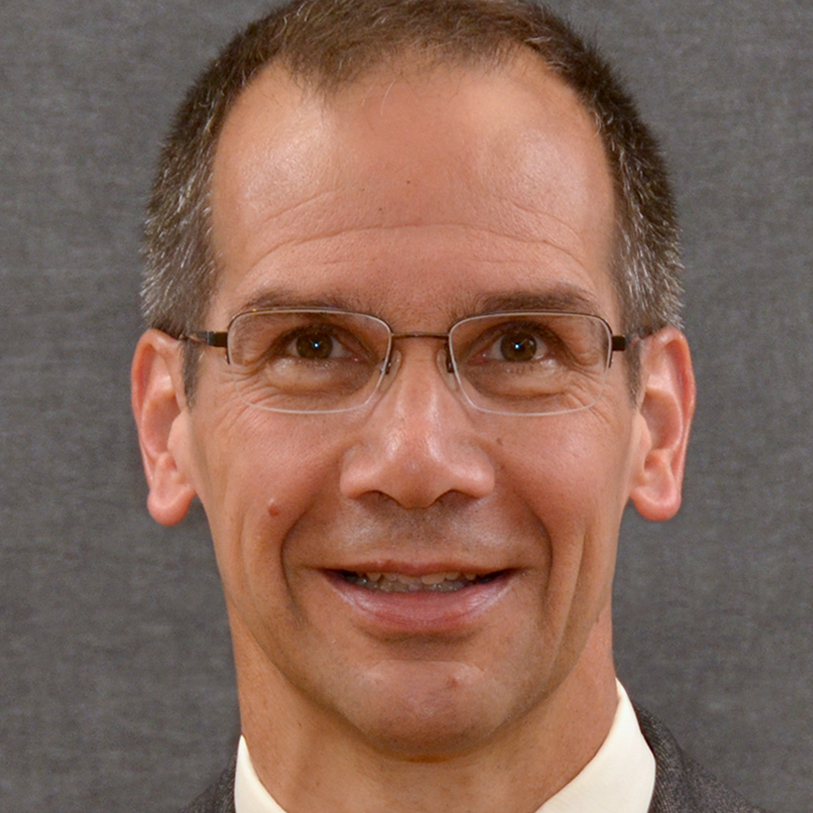
Dr. Tom Bruulsema
Chief Scientist, Plant Nutrition Canada

Dr. Shamie Zingore
Africa Program Director, African Plant Nutrition Institute

Samuel Njoroge Kinyanjui
Scientist, African Plant Nutrition Institute

Our government is providing $15 million of funding to bring a Canadian innovation in agriculture – 4R Nutrient Stewardship best management practices – and the development expertise of the Co-operative Development Foundation of Canada to address food security and economic wellbeing of smallholder farmers in Ethiopia, Ghana and Senegal.
Hon. Marie-Claude Bibeau, Minister of Agriculture and Agri-Food
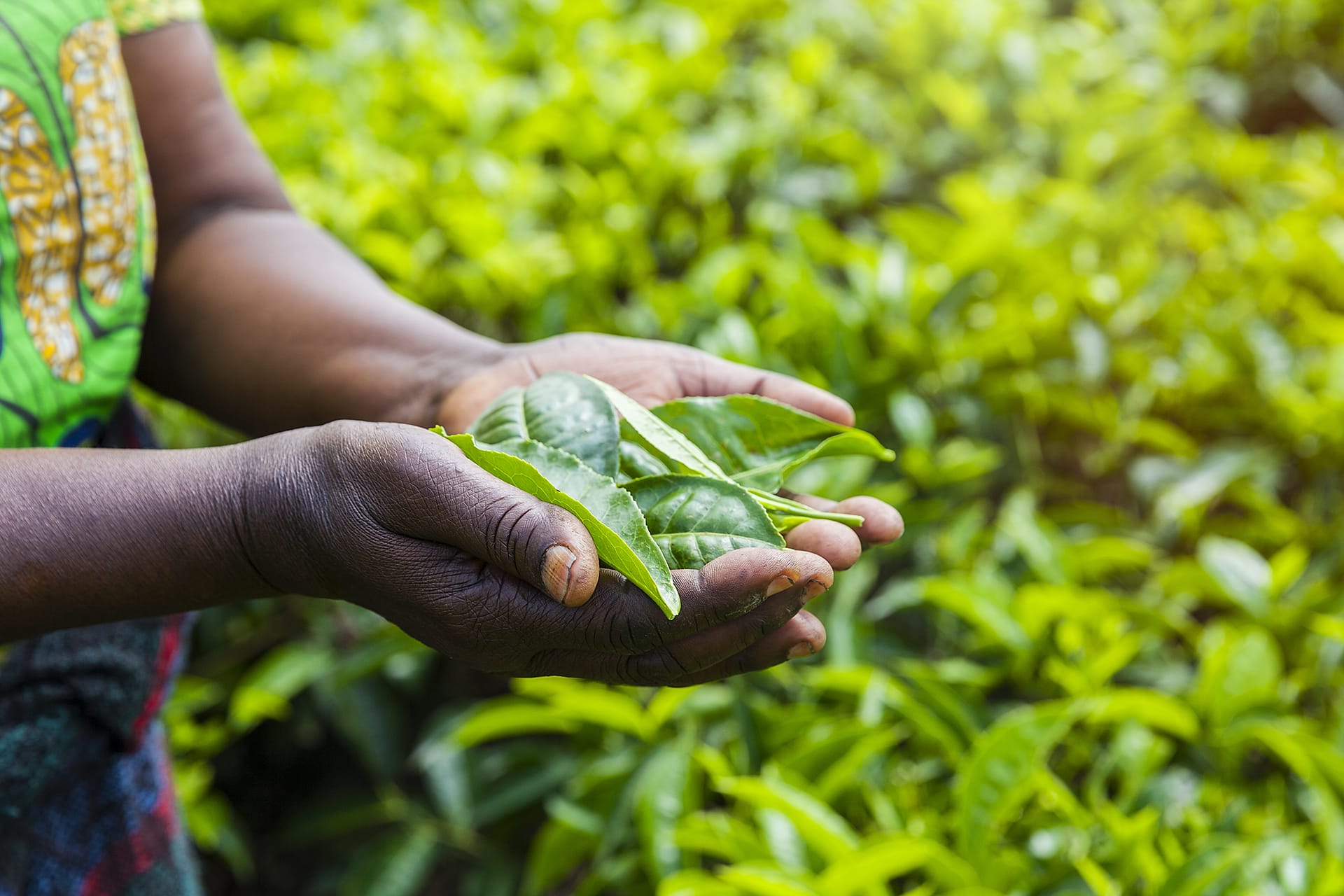
Connect
Get Involved
There are many ways you can get involved and help us reach our goal of global sustainability.
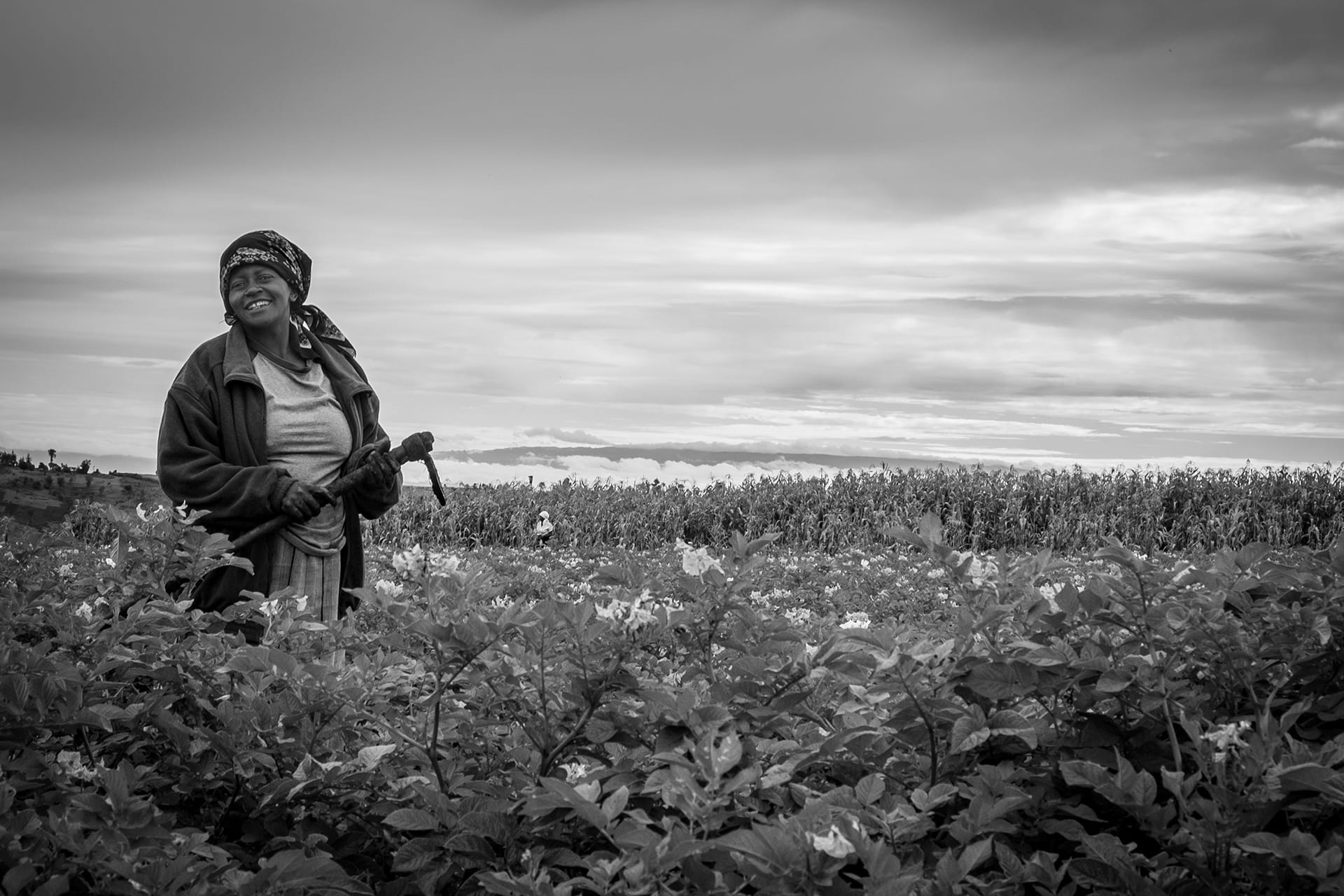
Follow Us
Get the latest news and updates from the 4R Solution team.
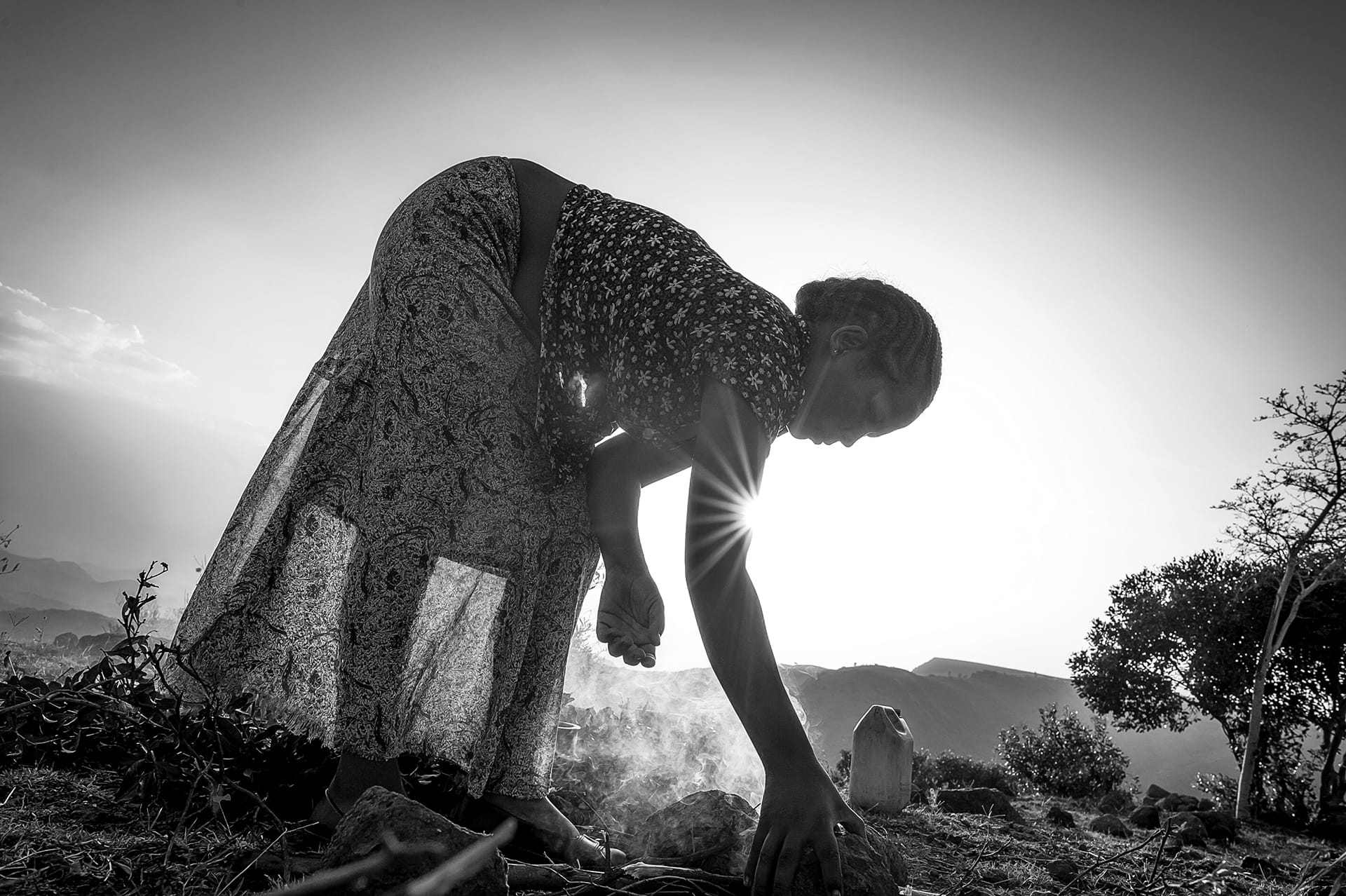
Sign the declaration
Show your support for the 4R Solution by signing the 4R Declaration.

Become a 4R Champion
Advocate sustainability, gender-balance and economic prosperity.
